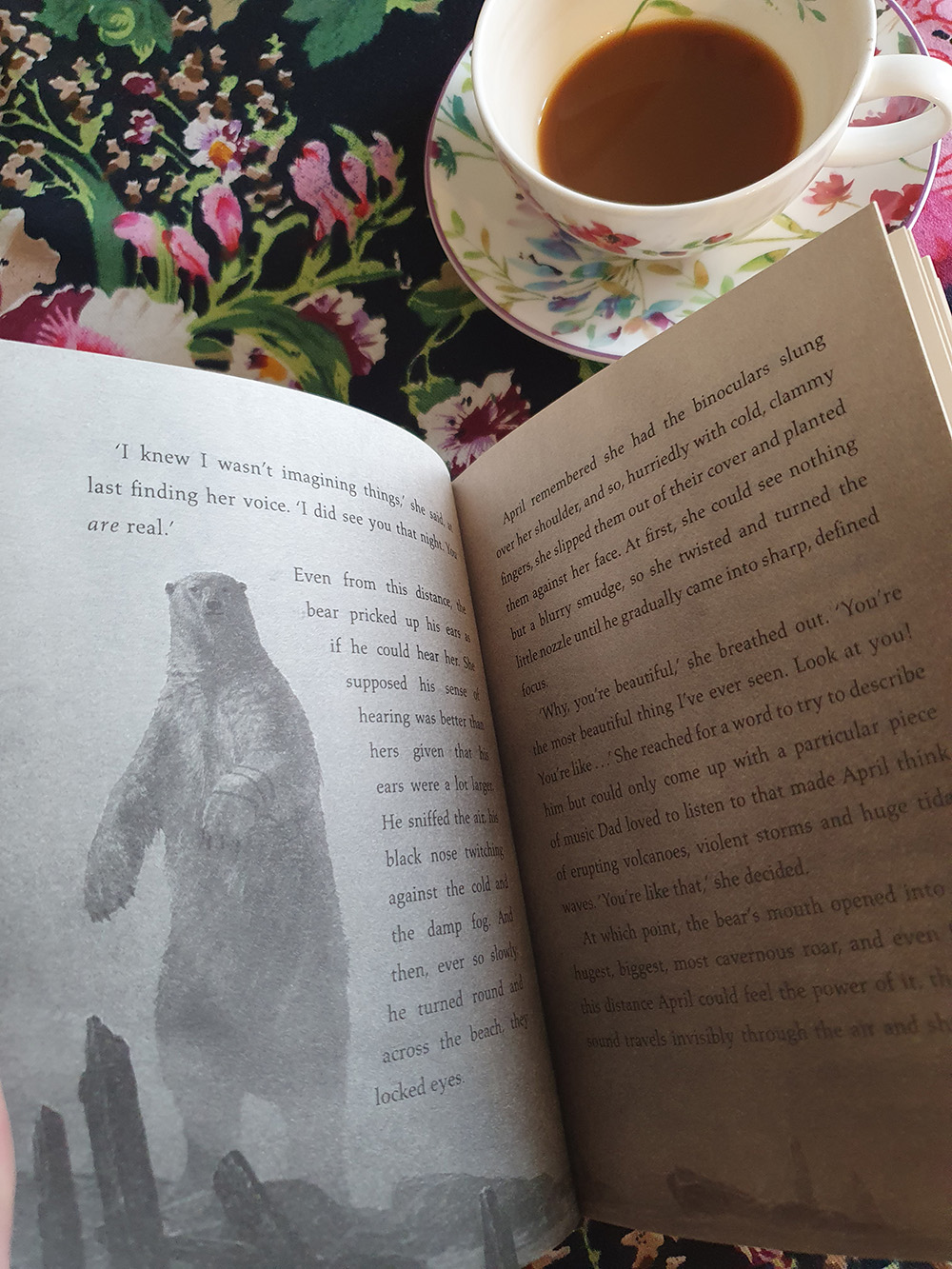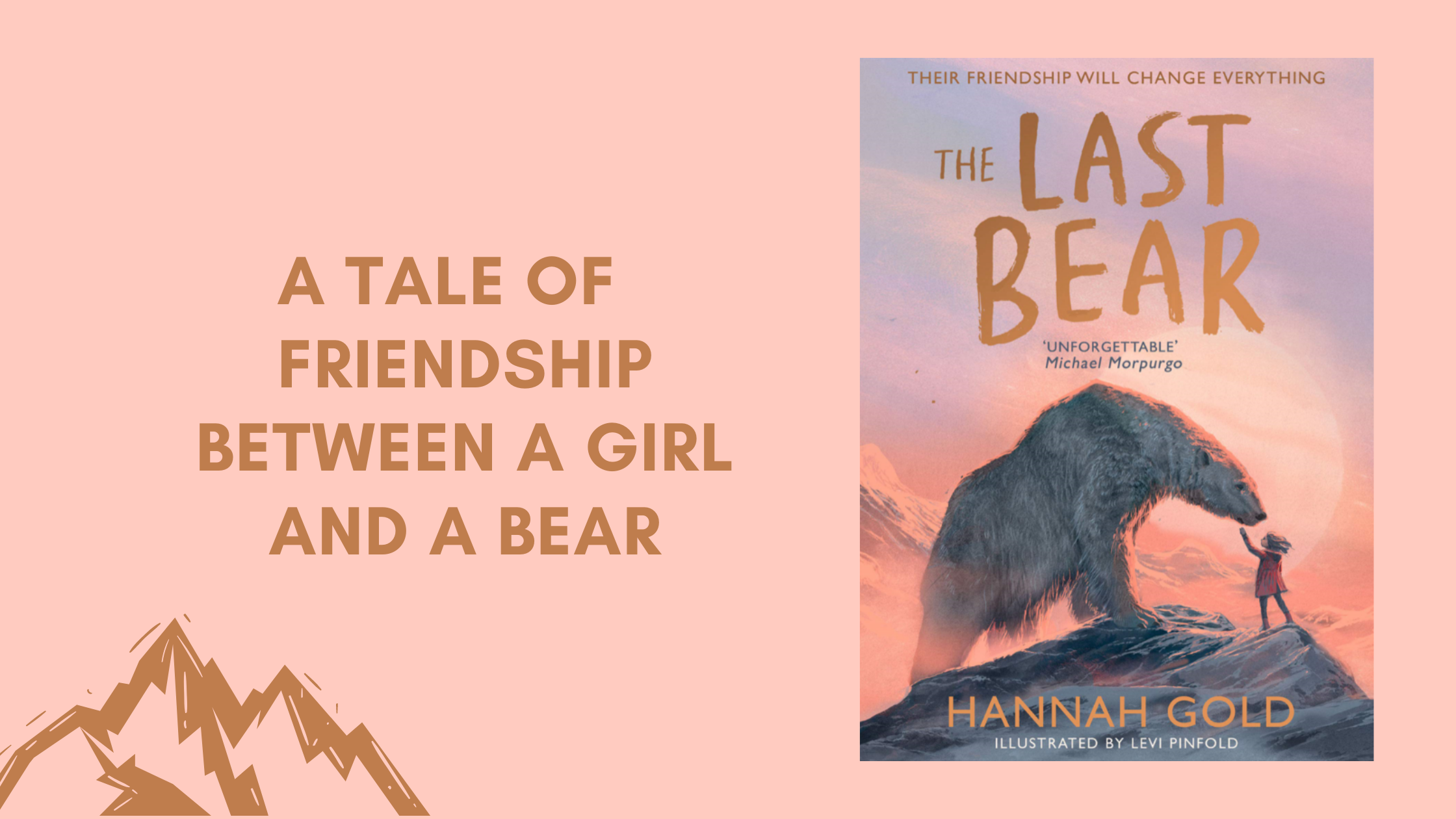

I get the feeling that ‘The Lost Whale’ will be sparking a fascination in her readers which turns many of them into future whale watchers and marine biologists.Imagine making friends with a polar bear.

Gold understands both children and animals and writes about both superbly, and I am sure that her writing will become a firm favourite with fans of Michael Morpurgo. I’d recommend this book especially as a class read for Years 4, 5 and 6, as there are clear links to the KS2 curriculum (oceans, climate change, mammals, mental health) as well as it having a gripping storyline with well-rounded characters.

This novel is relatable – it’s not about adult scientists and ocean explorers, but about a whale-watching boat in a tourist resort, with characters learning more by visiting a local museum every child can imagine themselves having this kind of adventure. This whale has a past, a present and a hoped-for future, and I felt genuinely concerned about its wellbeing in the same way as I was rooting for Rio and his mother.Īimed at readers of 8 years plus, Gold has captured their concerns about the world with a love of nature that many children enjoy. Far from being didactic, Gold shares the issues of climate change and ocean plastics with her young readers, by introducing them to one individual whale, White Beak. I challenge any reader not to gain (or regain) a respect for whales after reading ‘The Lost Whale’.

In this second novel, Hannah Gold again writes with sensitivity and compassion. She talked with such passion about the plight of the polar bears, her writing and her excitement over Levi Pinfold’s illustrations, that I immediately bought a copy for my daughter. I first discovered Hannah Gold’s writing last year when she was launching her debut children’s novel, ‘The Last Polar Bear’.


 0 kommentar(er)
0 kommentar(er)
